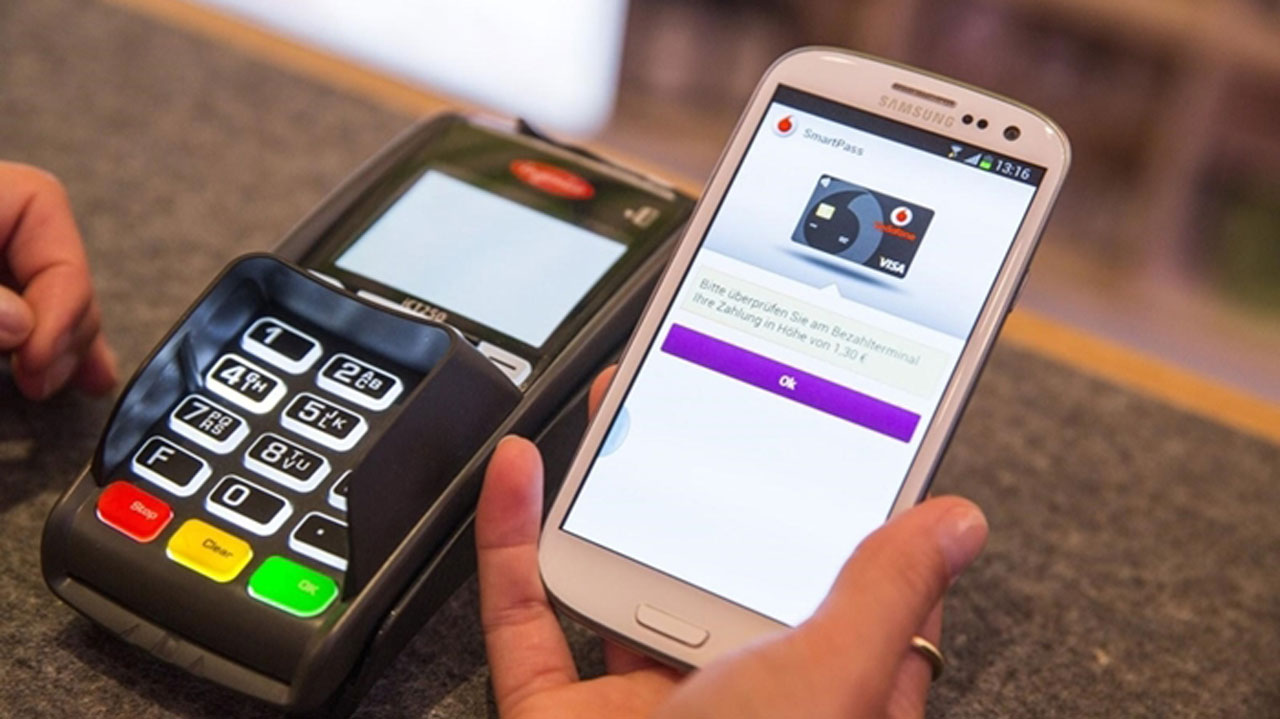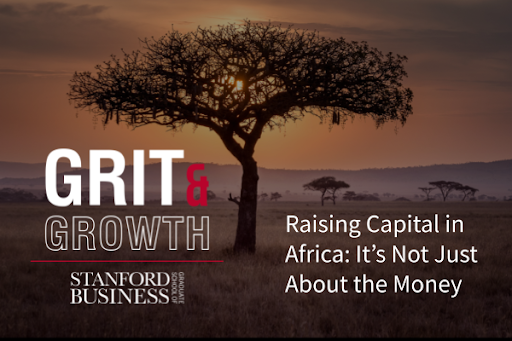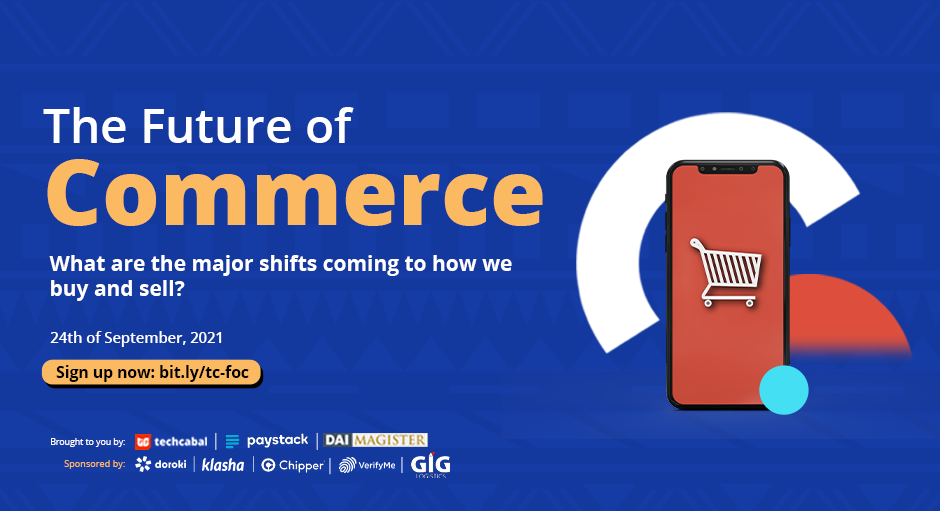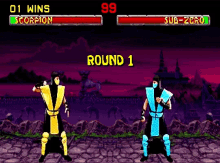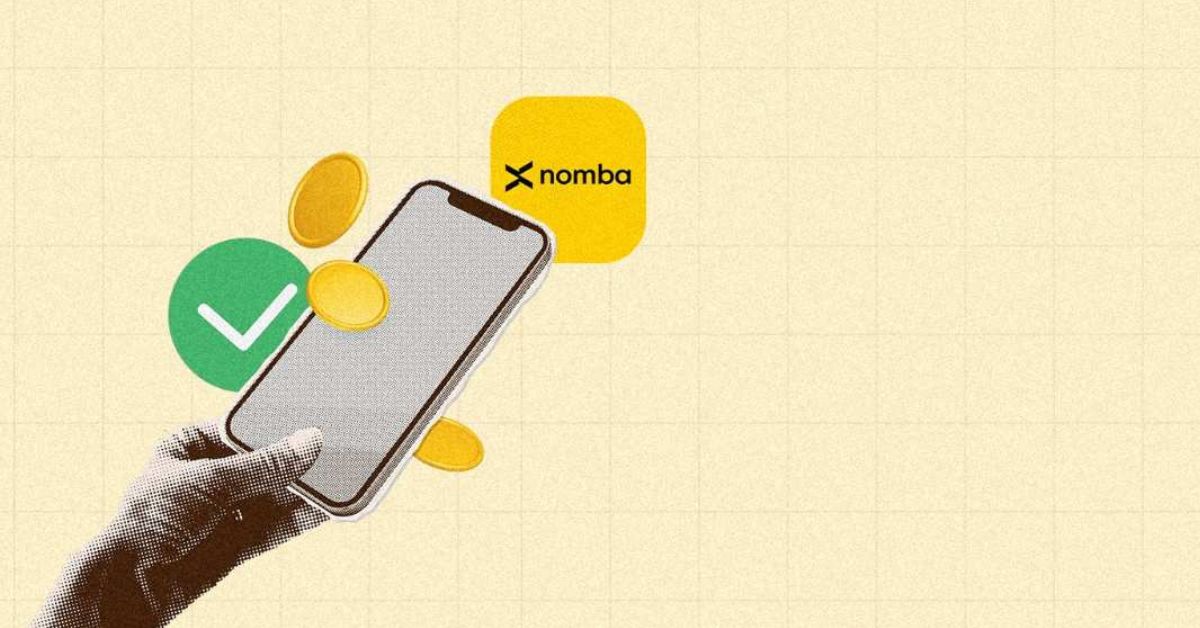
IN PARTNERSHIP WITH

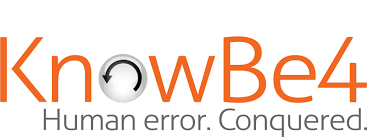
Good morning ☀️ ️
Unlike the truth, misinformation thrives on social media and spreads quickly because it suits our biases.
This research shows that false information on platforms like Facebook is six times more likely to trend than factual news. In 2020, Facebook spent 2.8 million hours removing such content from its platform.
That’s equivalent to 319 years! A not-so-surprising detail is that a lot of the false news was focused on spreading fear around COVID and vaccination.
In today’s edition:
- Here are the top ten cryptocurrencies you should know
- Are African countries getting the vaccine?
- Infibranches raises $2m
- TikTok is limiting playtime for children in China
THE TOP TEN CRYPTOCURRENCIES YOU SHOULD KNOW

Here’s a fact you probably didn’t know: there are over 5,800 different types of cryptocurrencies around the world.
Navigating the crypto markets where these coins are bought and sold can be tricky, especially if you’re new to it.
So ahead of salary week, we’ve compiled a list of the top ten cryptocurrencies you should consider if you’re the type to invest in the markets.
- Bitcoin (BTC): This is the first and the most popular cryptocurrency; it was launched in 2009 by Satosh Nakamoto. Presently, the market value for 1BTC is about $47,888.
- Etherium (ETH): Etherium is the second-largest cryptocurrency in the world and it was launched in 2015 to help traders and developers trade and build apps across the ETH blockchain. The market value for 1ETH is $3,525.
- Dogecoin (DOGE): Doge started off as an internet joke, it was named after an internet meme featuring a Shiba Inu dog. Dogecoin can be used to make payments or send money but it’s a controversial coin because of its number one fan: Elon Musk. At the moment, it’s pretty affordable as 1 Doge = $0.25.
- Polkadot (DOT): Polkadot launched in May 2020 and it’s considered by many to be the best cryptocurrency in the market. The reason? Well, it connects blockchain technology from different cryptocurrencies and allows traders to interoperate between them. You can get 1DOT for $36.
Damilare Dosunmu has more about the top coins in 10 types of cryptocurrency you should know.
INFIBRANCHES RAISES $2M
If your startup raised $2m, what would you improve?
Infibranches Technologies Limited, a Nigerian startup that provides digital payment services to solar energy providers, will be using theirs to speed up customer acquisitions and improve existing products.
The startup recently secured $2 million in funding from All On, an investment company backed by Shell.
The problem Inifbranches is solving
Energy distribution in Nigeria is a large impediment to the growth of the country. To function effectively, the country needs an estimated 45 megawatts of power each day and while it can generate about 12 megawatts, it typically only provides one-third of that number.
This means that a lot of Nigerians are left to consider alternative sources of energy including fuel generators, and solar energy.
This is where Infibranches comes in. With its products, OmniBranches and Green Energy Plug, Infibranches helps solar energy distributors and companies manage their operations. With the former, energy distributors can track and analyze their records, while the latter is a single point of integration for payments and other financial services.
Read more: A Nigerian fintech startup serving solar providers secures $2m funding.
Increase your online sales with a Paystack Storefront – a free, beautiful seller page that helps you bring creative ideas to life.
🏾 Learn more at paystack.com/storefront
This is partner content.
ARE AFRICAN COUNTRIES GETTING THE VACCINE?
If you’ve been on social media these past few months, you’ll have come across the gospel of vaccination. Worldwide, the pandemic claimed 4.55 million lives and infected over 200 million others.
The good news is that vaccines have been around for a while. The bad news, not everyone seems to be getting the dosage.
Let’s talk numbers
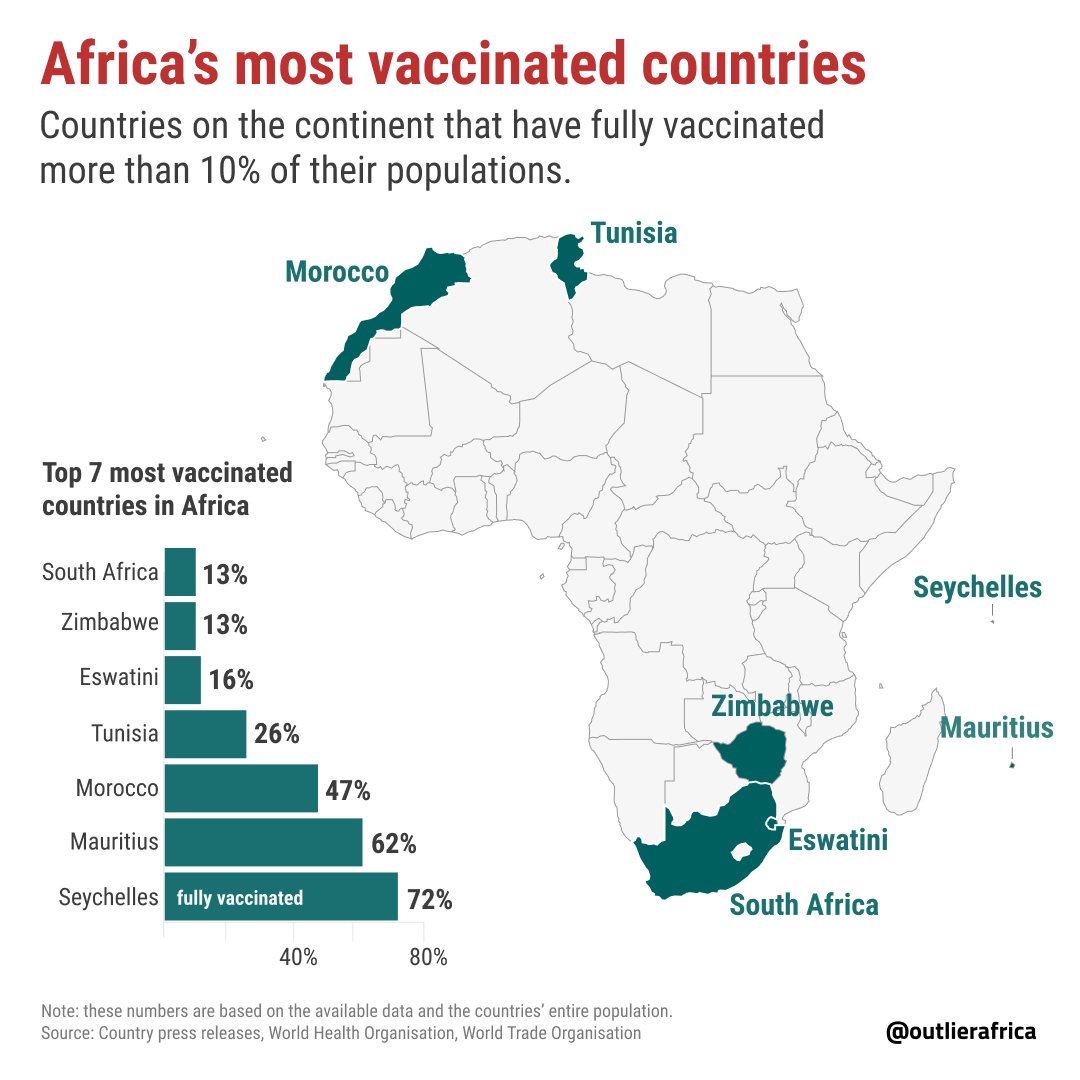
About 31% of the world’s population has been fully vaccinated. While countries like the UK, China, and Japan have gotten half their population inoculated, African countries are struggling to get 10% of theirs doses.
In fact, only 3% of Africa’s population have been fully vaccinated, with only twelve countries having at least 10% of their population vaccinated.
Why are the numbers low?
COVID vaccines are usually sold to countries, who in turn distribute them to their citizens. The cheapest vaccine is AstraZeneca’s which goes for $3-$4 per dose, at least $6 dollar per person. For wealthy countries like Canada or China, this is affordable.
For others, especially African countries with low-income brackets, not so much. The good thing is that that doesn’t mean these countries won’t get the vaccines.
Through the COVAX scheme, many African countries are getting the vaccines but it’s not going as smoothly as it should. COVAX collects donations from countries with excess vaccines and distributes them to less wealthy countries.
The hold-up
There are a few impediments to this. We haven’t been getting enough vaccines, for starters. So far, 158 million doses have been delivered to the continent but it needs 112 million doses more before 10% of the total population can be fully vaccinated.
There’s also the issue of poor delivery methods on the countries’ parts with countries like Malawi, Congo, and South Sudan destroying thousands of dosages because they couldn’t administer them before the expiry dates. There’s also skepticism from the people, some of whom are wary about the long-term effects of the vaccines.
Zoom out: There’s a lot of work to be done in enlightening people and the WHO is calling on countries to inject the gospel of vaccination into the veins of their citizens.
KB4-CON EMEA is a free, highly engaging, cybersecurity-focused virtual event designed for CISOs, security awareness and cybersecurity professionals in Europe, the Middle East and Africa.
The event will be on Thursday, September 23rd and features keynotes from two of the most well-known figures in cybersecurity. Mikko Hyppönen will cover how our global networks are being threatened by surveillance and crime, and how we can fix our technical, and human, problems. Kevin Mitnick will reveal social engineering tradecraft and insights and wow you with a live hacking demonstration. You can register here.
This is partner content.
ALL THINGS IN MODERATION

Children under the age of 14 will now be allowed to spend only 40 minutes a day on Douyin, the Chinese version of TikTok.
Wait, what?
Yes, you heard right! Douyin which had at least 490 million users in November 2020 is introducing a “teenage mode” that will limit the amount of time children under the age of 14 spend on the short-form video app to 40 minutes a day. The app will also be unavailable to those users between 10 p.m. and 6 a.m.
Ouch! Why tho?
Pressure from above. Chinese regulators have started pressuring tech companies to curb the amount of time minors spend on their services. Last month, the country barred online gamers under the age of 18 from playing on weekdays and limited their play to just three hours most weekends.
How’ll Douyin know who’s under 14?
Now that’s the hard part. This new rule will apply to all Douyin users under the age of 14 who have registered for the app using their real names.
In order to enforce this, the company has urged parents to help their children register with real names, or otherwise manually enable “teenage mode.”
On the bright side, Douyin plans to introduce new content — ranging from science experiments and museums to art gallery exhibitions and natural scenery — to “inspire” younger teens.
Big Picture: In the past year, Chinese companies, especially tech companies, have experienced a crackdown from regulators. As more Chinese social media companies comply with these new regulatory expectations, it could push other internet platforms with short video content to look at implementing similar restrictions.
Next on the Grit & Growth podcast: meet Elo Umeh, CEO of Terragon Group, a Nigerian marketing and insights firm, and experts from TLcom Capital, and learn how to maximize the value of your firm’s next fundraising round. Listen here.
This is partner content.
What else we’re reading
- Ever wondered what it’s like to work at Facebook? Well here are five things Stephen Scheeler learned from being the oldest employee there.
- One of China’s biggest lenders is facing billions of debts itself. Here’s everything you need to know about Evergrande and how it’s affecting the global economy.
- Earlier in the year, Nigeria announced it would roll out its national digital currency, the eNaira. Now, South Africa may be following suit.









